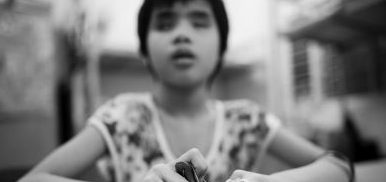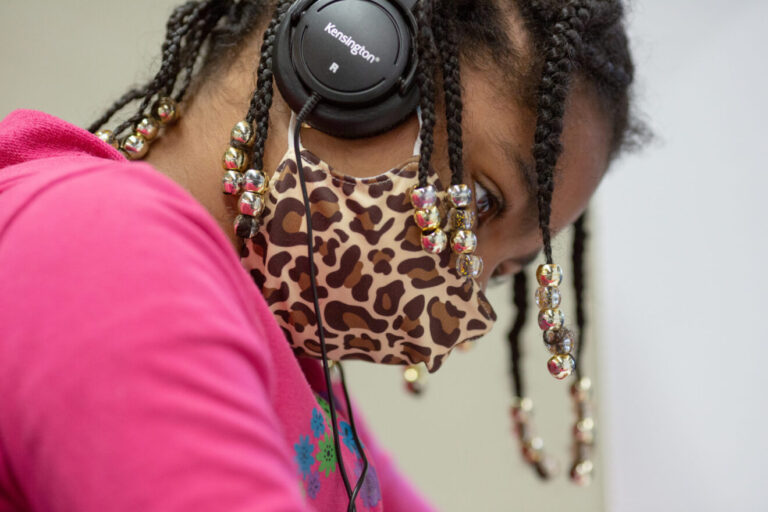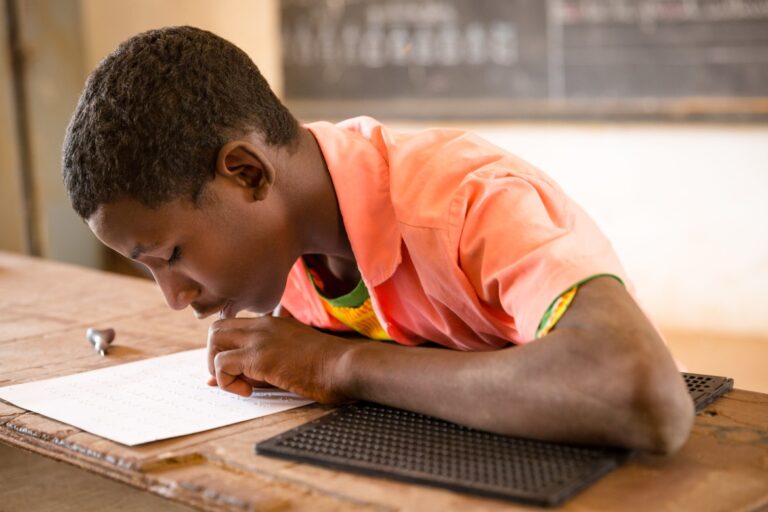Story Source: GEM Report ~ Go to Original Article
“Being disabled, for many of us, means the end to any hopes of pursuing an education”, said Ashley Cowan D’Ambrosio, a Master of Arts student at the City University of New York with multiple disabilities, including attention deficit hyperactivity disorder (adhd). “The system is thoroughly broken,” she said, “such that our dropout rates are some of the highest of any marginalized community, and our educational attainment rates are similarly problematic”. On this International Day of Persons with Disabilities, we describe the reality of ten American college students, who like Ashley, face multiple layers of barriers to access a quality, inclusive education.
The first barrier they describe arises from a lack of knowledge or empathy about disabilities among the teaching staff at college – something the 2020 GEM Report on inclusion and education will cover in depth. ……………….



